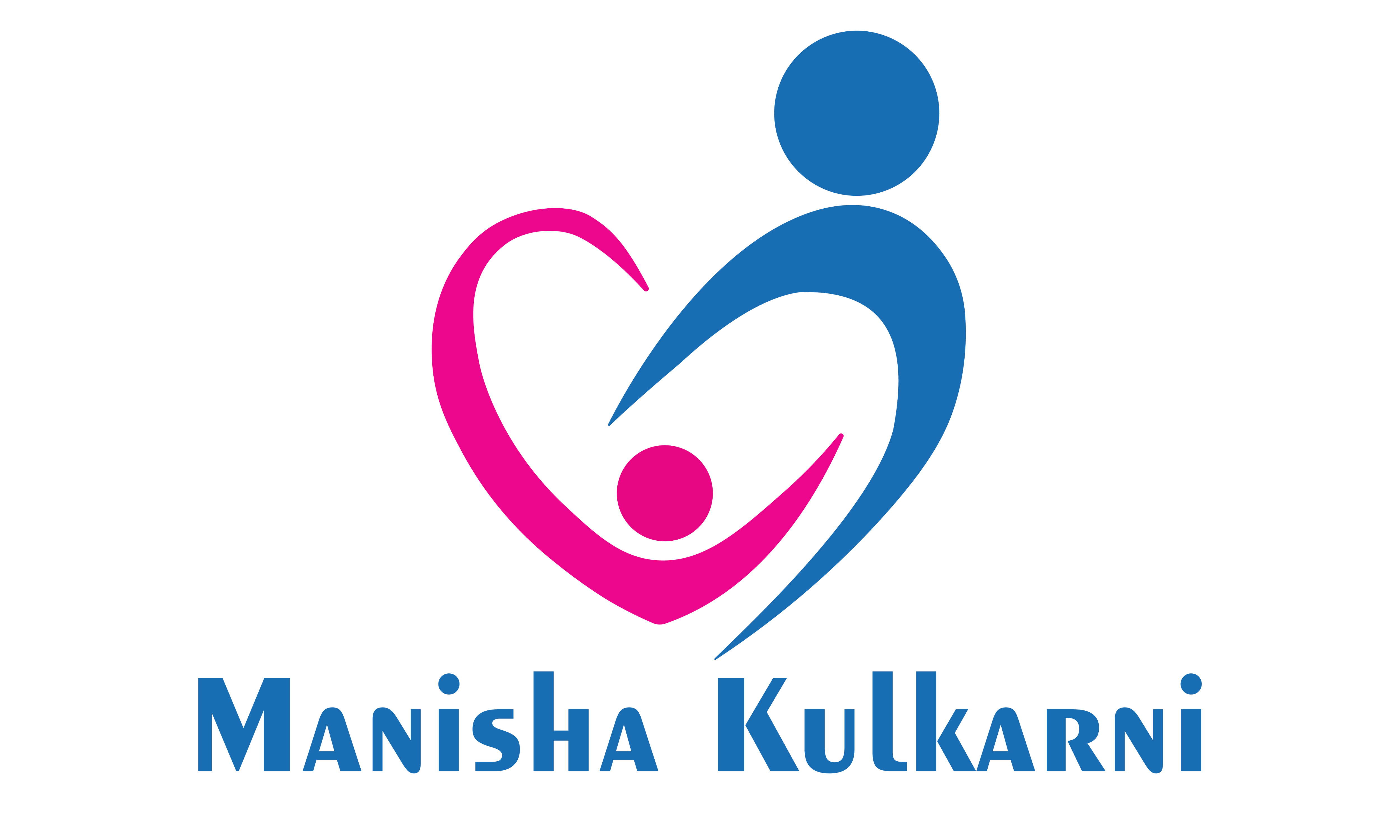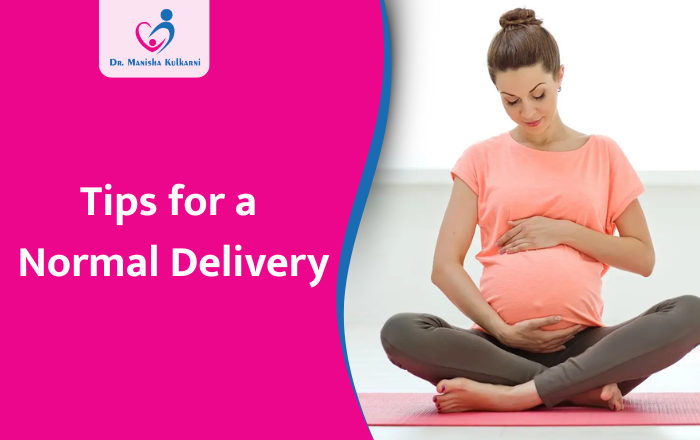Pregnancy is a beautiful journey, and as your due date gets closer, you might be thinking: “Can I have a normal delivery?” This question is natural, and the answer is yes—with the right preparation and guidance, you can increase your chances of a smooth, natural childbirth. Normal delivery isn’t just about luck. It’s about taking care of your body, staying active, eating healthy foods, and keeping a positive mindset. Whether this is your first baby or you’ve been through pregnancy before, these practical tips will help you prepare for the birth experience you hope for. Let’s explore simple, effective ways to get your body and mind ready for normal delivery. Understanding Normal Delivery Normal delivery, also called vaginal birth, is when your baby is born naturally through the birth canal. Your body goes through three stages of labor—early labor, active labor, and delivery of the placenta. This natural process has been happening for thousands of years, and your body knows exactly what to do. Benefits of Normal Delivery: Quicker recovery after birth You can hold and feed your baby immediately Shorter hospital stay Lower risk of complications in future pregnancies Natural bacteria transfer that boosts your baby’s immune system. Most healthy pregnancies are suitable for normal delivery, especially when the baby is in a head-down position and there are no major health concerns. 10 Tips to Prepare for Normal Delivery 1. Stay Active with Safe Exercises Moving your body during pregnancy is one of the best things you can do. Regular exercise strengthens your muscles, improves stamina, and prepares your body for labor. Simple exercises you can do: Walking: Just 30 minutes daily helps keep you fit Prenatal yoga: Improves flexibility and teaches breathing Pelvic floor exercises (Kegels): Strengthens the muscles you’ll use during delivery Swimming: Gentle on joints while keeping you active Always talk to your doctor before starting any new exercise routine. 2. Learn Proper Breathing Techniques Breathing correctly during labor helps manage pain and keeps you calm. Deep, slow breaths during contractions provide more oxygen to your baby and help your muscles relax. Start practicing breathing exercises from your second trimester. Inhale deeply through your nose, hold for a few seconds, and exhale slowly through your mouth. This simple practice will become your best friend during labor. 3. Eat Healthy, Nutritious Foods What you eat directly affects your energy levels and your body’s readiness for delivery. Foods that support normal delivery: Dates: Studies show eating 6 dates daily from week 36 may help ripen the cervix Leafy greens: Spinach and fenugreek strengthen your body Bananas: Provide quick energy and essential potassium Protein-rich foods: Eggs, dal, chicken help build strength Whole grains: Oats and brown rice give lasting energy Drink plenty of water—at least 8-10 glasses daily. Staying hydrated is crucial for a healthy pregnancy and smooth delivery. 4. Watch Your Weight Gain Gaining the right amount of weight during pregnancy matters. Too much weight can make delivery harder, while too little might affect your baby’s growth. Talk to your doctor about healthy weight gain based on your body type. Generally, women should gain between 11-16 kg during pregnancy. Regular check-ups help monitor this closely. 5. Attend Childbirth Classes Knowledge is power, especially when it comes to childbirth. Prenatal classes teach you what to expect during labor, different birthing positions, and pain management techniques. These classes also help reduce fear and anxiety. When you understand the process, you feel more confident and in control. Many classes welcome your partner too, which helps them support you better during delivery. 6. Practice Different Labor Positions Your position during labor can make a big difference. Moving around and changing positions helps your baby move down the birth canal more easily. Helpful positions to practice: Squatting: Opens your pelvis wider Hands and knees: Reduces back pain Side-lying: Good for resting between contractions Walking: Helps labor progress naturally Using a birthing ball: Relieves pressure and pain Practice these positions during your third trimester so they feel natural when labor starts. 7. Keep Your Mind Calm and Positive Your mental state affects your physical body more than you might think. Fear and anxiety can slow down labor, while a calm, positive mindset helps your body work naturally. Ways to stay mentally strong: Practice meditation for 10-15 minutes daily Visualize a positive birth experience Talk to other mothers who had normal deliveries Avoid scary birth stories and negative discussions Trust your body’s natural ability to give birth Create a birth plan that outlines your preferences, and discuss it with your doctor. Having a plan reduces anxiety and helps you feel prepared. 8. Never Skip Your Doctor Appointments Regular prenatal visits are essential. Your doctor checks your baby’s position, monitors your health, and addresses any concerns you might have. These appointments help identify potential issues early. Your doctor can guide you on whether normal delivery is possible or if any special preparations are needed. Don’t hesitate to ask questions—every concern matters. 9. Try Perineal Massage Starting from week 34-36, gentle perineal massage can reduce tearing during delivery. This area needs to stretch significantly during birth, and massage helps prepare the tissues. How to do it: Use natural oils like coconut or olive oil Gently massage the area between your vagina and anus Do this for 5-10 minutes, 3-4 times a week Your partner can help if you find it difficult This simple practice can make a real difference during delivery. 10. Stay Informed but Don’t Overthink While it’s good to educate yourself about pregnancy and childbirth, avoid information overload. Too many birthstories (especially negative ones) can increase anxiety. Stick to reliable sources, trust your doctor’s advice, and remember that every pregnancy is different. Your body is unique, and your birth experience will be too. When to Contact Your Doctor Some situations need immediate medical attention: Your baby isn’t moving as much as usual You have severe stomach pain or bleeding Your water breaks before 37 weeks You have a bad headache or vision changes Contractions


